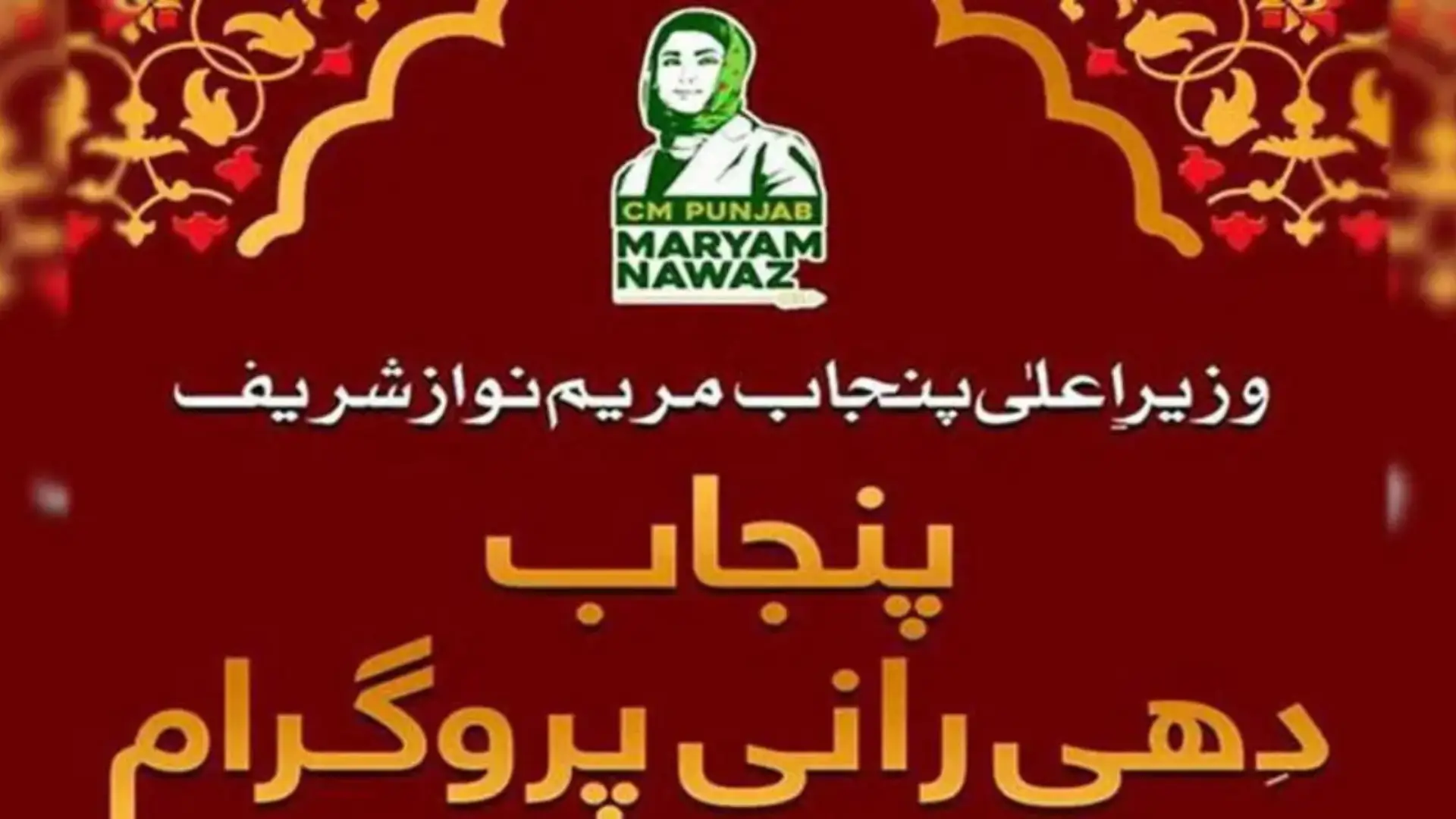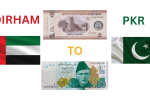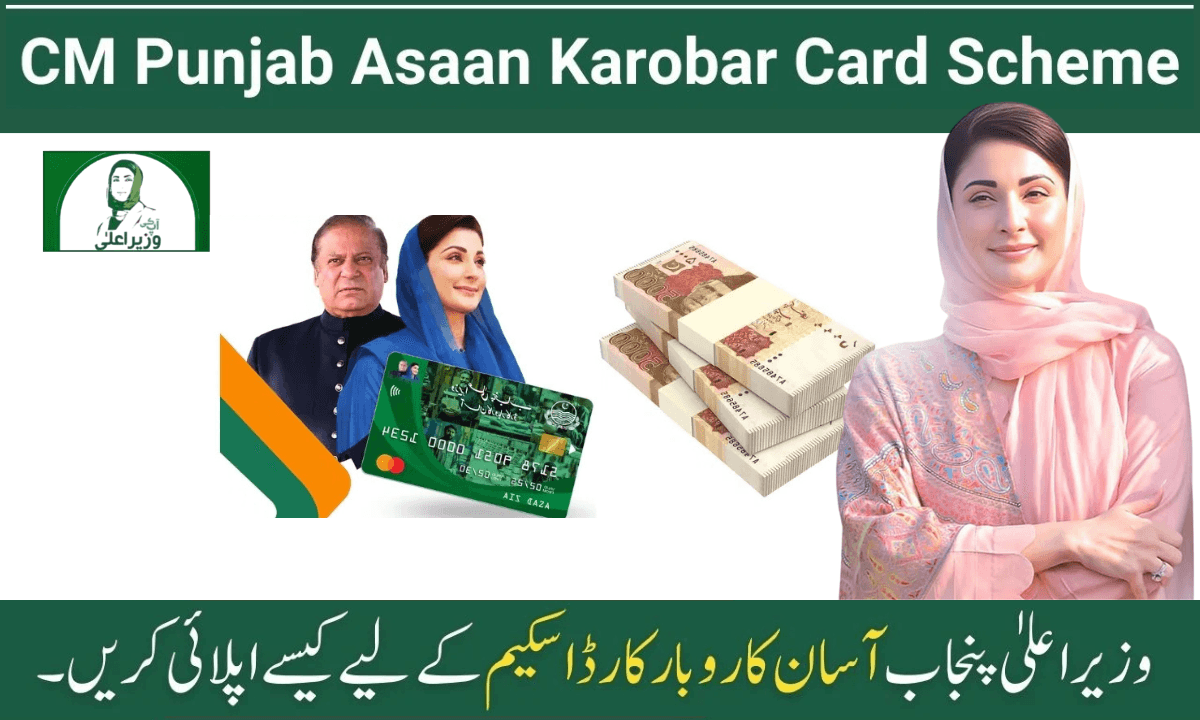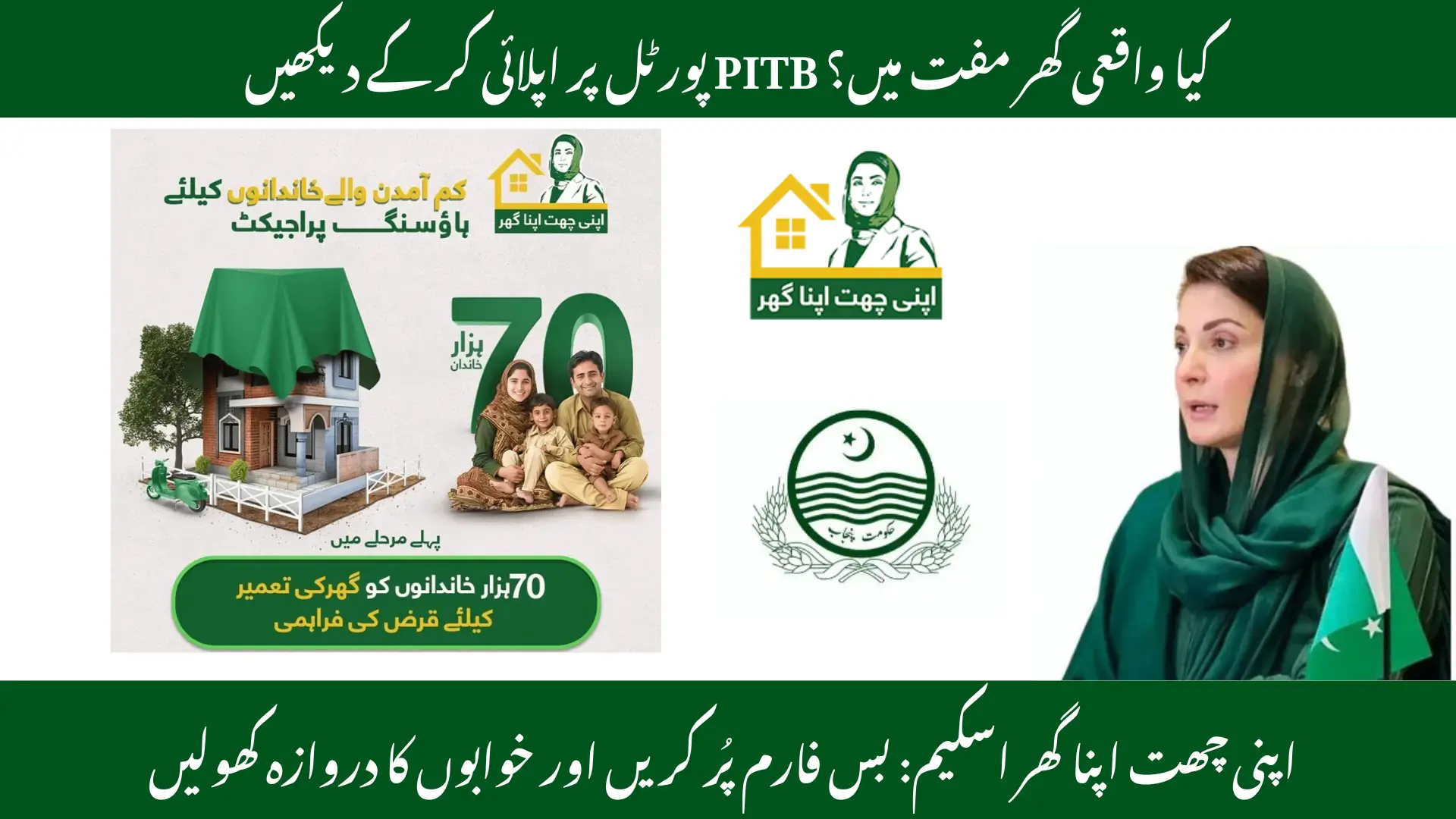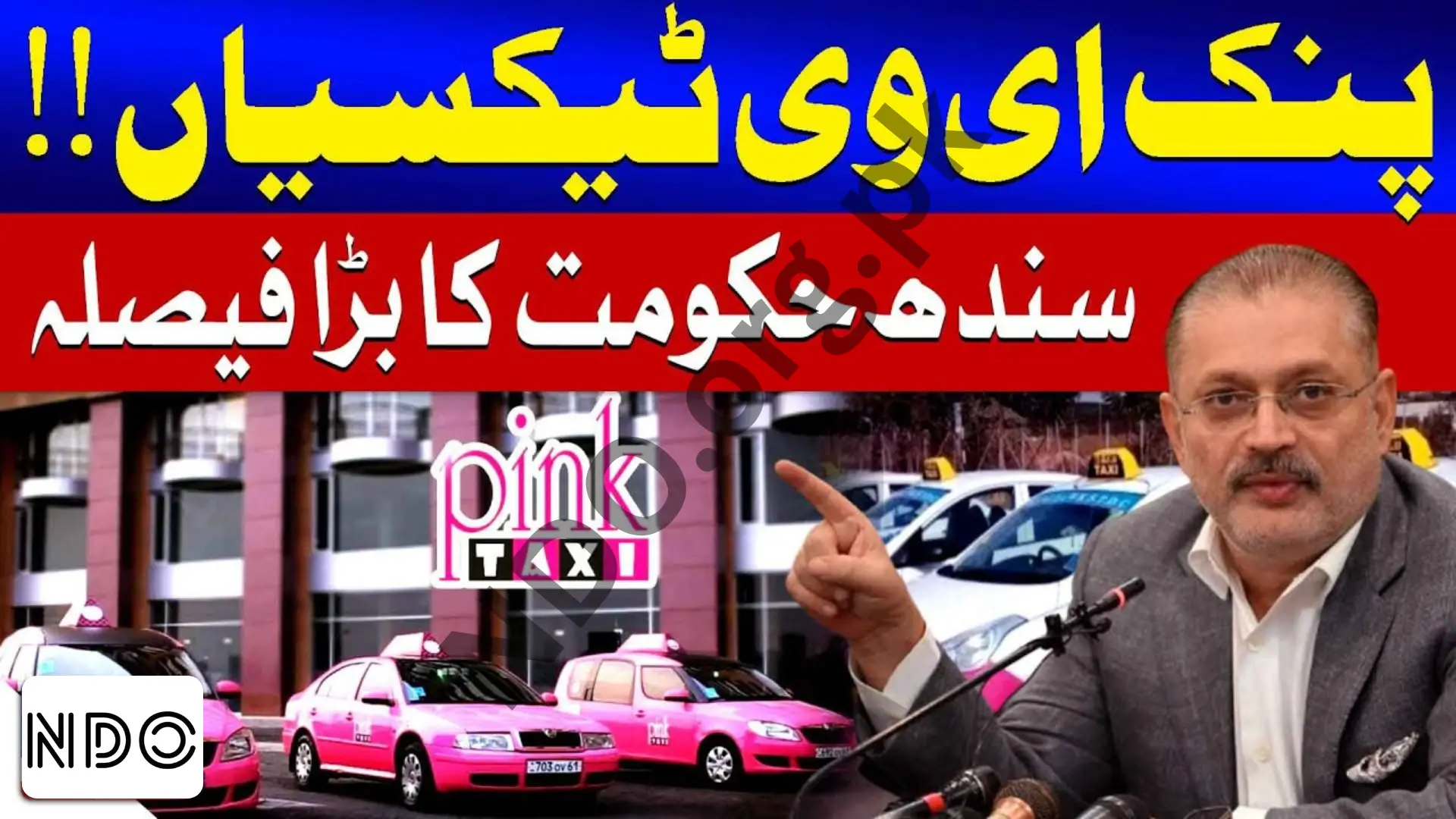Punjab Govt Hosts Grand Mass Wedding Ceremony Under Dhi Rani Program for 130 Daughters. In a heartwarming and historic step toward women empowerment and social welfare, the Punjab Government organized a grand mass wedding ceremony under the Dhi Rani Program in Lahore. A total of 130 daughters, including 18 minority brides and one special daughter, were married with dignity and honor. The event symbolizes the compassionate vision of Punjab Chief Minister Maryam Nawaz Sharif, who aims to uplift underprivileged families through inclusive and transparent welfare initiatives.
Day of Joy and Fulfilled Dreams
The mass wedding was attended by Provincial Minister for Social Welfare and Baitul Mal Sohail Shaukat Butt and Provincial Minister for Sports Faisal Ayub Khokhar, who participated as special guests. The event’s atmosphere was emotional and full of blessings as brides and grooms exchanged vows surrounded by families, officials, and community members.
Minister Sohail Shaukat Butt congratulated the newlyweds and praised Chief Minister Maryam Nawaz for her bold step toward supporting underprivileged daughters. He called the event a “historic day for Punjab” and emphasized that this initiative represents compassion, inclusion, and hope for struggling families.
He added that many parents had long dreamed of marrying off their daughters but lacked financial resources. Now, through the Dhi Rani Program, those dreams are being fulfilled with dignity and government support.
What Is the Dhi Rani Program?
The Dhi Rani Program is one of the most remarkable welfare schemes launched by the Punjab government. It was initiated under the leadership of Chief Minister Maryam Nawaz Sharif, who personally envisioned the program as a way to share the financial burden of parents who cannot afford wedding expenses.
The core purpose of the program is simple yet powerful — to marry off daughters with respect and equality, regardless of religion, social class, or background. Whether the daughters belong to Muslim, Christian, Hindu, or Sikh families, the Punjab government treats everyone equally under this initiative.
Each bride receives wedding gifts, essential household items, and financial assistance from the government to start her new life comfortably.
This initiative sends a strong message that daughters are not a burden—they are pride and honor of society.
A Symbol of Simplicity, Transparency, and Dignity
One of the most appreciated aspects of the Dhi Rani Program is its transparency and simplicity. The program is not just about distributing money—it’s about celebrating the dignity of daughters.
During the ceremony, Minister Sohail Shaukat Butt highlighted that this initiative reflects a new governance model where public money is used for public welfare, not for political show.
He said, “This is not a favor; it is the right of the people. The funds being used belong to them, and they are now being spent to fulfill their long-held dreams.”
The minister also announced that 5,000 weddings will be conducted under the Dhi Rani Program this year. Moreover, if 10,000 or even 15,000 applications are received, every eligible daughter will be supported according to the Chief Minister’s instructions.
This commitment shows that the Dhi Rani Program is not a one-time event but a continuing movement of compassion and empowerment for women across Punjab.
Empowering Women and Supporting Families
The Dhi Rani Program is part of a broader vision by Maryam Nawaz Sharif to empower women, support families, and create a compassionate welfare state. Under her leadership, Punjab has seen the launch of several women-focused programs that aim to protect dignity, promote equality, and enhance economic independence.
Through mass weddings like this, the government is reducing financial pressure on low-income families and promoting social unity among communities.
This event also reflects a major shift in how the government views its responsibility. For the first time, Punjab’s leadership is addressing social challenges with empathy and action rather than words.
As Minister Sohail Shaukat Butt said:
“A daughter has become the Chief Minister and has thought like a daughter.”
This simple yet powerful statement beautifully captures the emotional foundation of the Dhi Rani Program.
Inclusivity: All Daughters Are Equal
The mass wedding also stood out for its inclusive nature. Out of 130 daughters, 18 were from minority communities, and one was a special daughter who received equal love and attention from the government.
Such inclusivity underlines the Punjab government’s commitment to equality, justice, and care for all citizens. The event showed that no daughter will be left behind, no matter her background or circumstance.
Each bride received essential wedding gifts including furniture, kitchen items, and household appliances. These practical gifts help newly married couples start their lives with dignity and stability.
Dhi Rani Program: How It Works
The Dhi Rani Program follows a transparent selection and verification process. Here’s how it works:
- Eligible families apply through official government channels.
- Applications are verified based on income, background, and social need.
- Priority is given to orphans, minority families, and differently-abled individuals.
- Once approved, the government arranges the wedding ceremony and provides necessary assistance.
This system ensures fairness and prevents misuse of funds.
The government also maintains a clear record of every transaction and beneficiary, setting a new example of accountability and clean governance.
The Vision of Chief Minister Maryam Nawaz
Chief Minister Maryam Nawaz Sharif has repeatedly emphasized that her government’s mission is to serve people with honesty, empathy, and equality. The Dhi Rani Program perfectly aligns with this vision.
Through this initiative, she has proven that leadership can be compassionate, efficient, and inclusive. It is a clear message that women’s empowerment is not limited to speeches—it can be achieved through real action and supportive programs.
Under her guidance, Punjab has introduced several other welfare projects, including:
- Khadim-e-Punjab Women Support Scheme
- Pink Scooty Project for Working Women
- Free Education and Health Initiatives
- Skill Development Programs for Young Girls
Each of these programs complements the Dhi Rani initiative, creating a strong ecosystem of empowerment and equality.
Model of Public Service and Good Governance
The grand mass wedding also served as a symbol of good governance. The ministers present highlighted that this event is an example of how public money can be used responsibly and effectively.
Unlike past programs, which often faced allegations of corruption or favoritism, the Dhi Rani Program has maintained transparency in every stage.
From selection to execution, everything is done with integrity. The use of public halls instead of expensive venues, the modest ceremonies, and the focus on equality all reflect a new culture of simplicity and sincerity in public service.
Public Response: A Wave of Appreciation
The public response to the Dhi Rani Program has been overwhelmingly positive. Families across Punjab have praised the government’s initiative, calling it a blessing for those who struggle to afford wedding expenses.
Social media is filled with emotional messages and prayers for the Chief Minister. Many users appreciated how the government supported minority and special daughters, reflecting a truly inclusive approach.
The event also inspired similar welfare projects in other provinces, where people are urging their local governments to adopt the Dhi Rani model.
Building a Compassionate Society
The Dhi Rani Program is more than a welfare scheme—it is a movement to change mindsets. It promotes the idea that every daughter deserves love, respect, and support from her community and government.
By organizing such mass weddings, the Punjab government is building a culture of compassion, unity, and equality. It also strengthens family structures and encourages citizens to take part in social welfare.
When people witness the government standing with the poor and underprivileged, trust in public institutions increases. That trust is essential for any nation’s progress.
Future Plans and Expansion
According to Minister Sohail Shaukat Butt, the government plans to expand the Dhi Rani Program to more districts across Punjab. In the coming months, similar mass wedding ceremonies will be held in other major cities such as Faisalabad, Multan, Rawalpindi, and Bahawalpur.
The goal is to ensure that every deserving daughter in Punjab gets a chance to start her married life with respect and joy.
Officials are also working on creating a digital registration portal to make the application process easier and more accessible. This step will help prevent middlemen or unauthorized agents from misusing the scheme.
Conclusion
The Punjab Govt’s grand mass wedding ceremony under the Dhi Rani Program stands as a shining example of compassionate governance. It reflects the leadership, empathy, and commitment of Chief Minister Maryam Nawaz Sharif toward improving lives and restoring dignity to underprivileged families.

